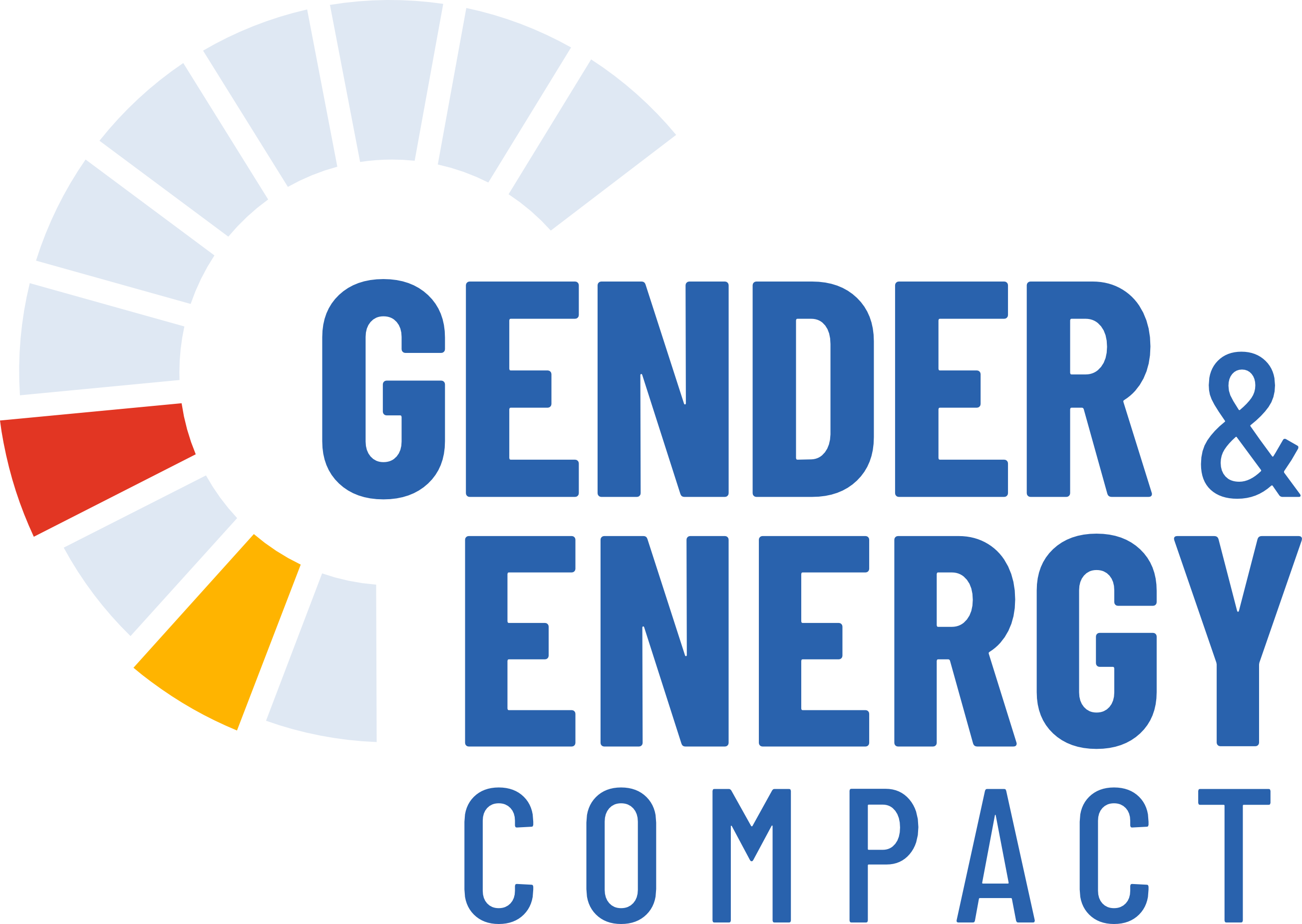What are the Energy Compacts?
The Energy Compacts are voluntary commitments from Governments and all other stakeholders, such as companies, regional/local governments, NGOs, and others, to advance progress on SDG7 and net-zero emissions, designed to be fully in line with SDG Acceleration Actions and Nationally Determined Contributions under the Paris Climate Agreement.
For more information on the Energy Compacts, please visit UN Energy.
Why do we need the Gender and Energy Compact?
Data makes it clear, the gender gap in the energy sector remains as wide as ever. Billions of women around the world still lack basic access to affordable, reliable, sustainable and modern energy—negatively impacting the enjoyment of their fundamental human rights, including those related to their health, well-being, livelihoods and local environment. In addition, while the participation of women can vary significantly by energy subsector, it remains well below the economy-wide proportion of 48% globally, with 22% in oil and gas and 32% in renewables (IEA, 2020). The gap is even more pronounced at boardroom levels, where women usually make up for less than 20%.
Women and girls face many challenges that hinder them to equally lead, contribute to and benefit from the energy transition. These include limited access to finance, lack of secure land title and time poverty, caused by unbalanced distribution of care work.
Achieving SDG7 is essential to achieve other SDGs, including those related to gender equality, poverty reduction, health, job creation, climate and environment. Vice-versa, gender equality and women’s empowerment are fundamental to achieving sustainable energy for all.
Where does the Gender and Energy Compact come from?
Launched at the High-Level Dialogue on Energy 2021, the Compact builds upon discussions of the VEF Virtual Series’ Call to Action to Empower Women and Youth to Accelerate the Clean Energy Transition.
Why should you join the Gender and Energy Compact?
By joining this collective effort you will help accelerate the energy transition and create a future where women can equally lead, contribute to and benefit from a just, inclusive and equitable energy future.

